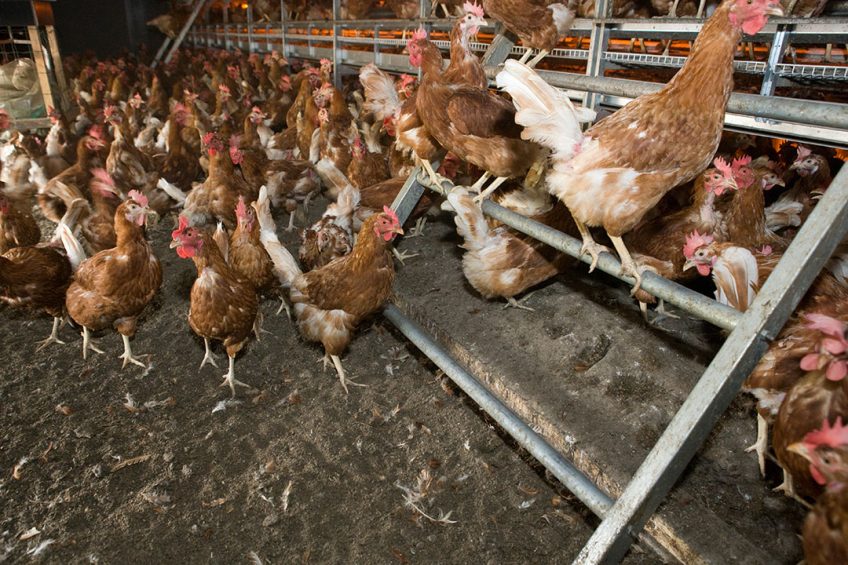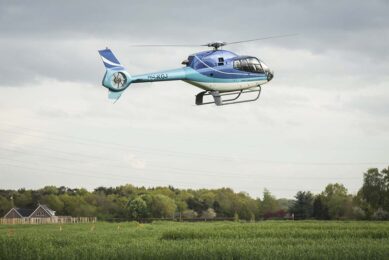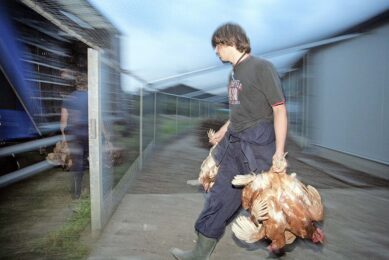Drive to be cage-free but 2025 commitment looms nearer

Companies need to speed up their rate of transition to cage-free production to meet their 2025 commitment, says Compassion in World Farming (CIWF).
Releasing the findings of their annual EggTrack report, the global welfare organisation said progress had been made this year despite the Covid-19 pandemic, but firms needed to be careful not to opt for systems that were not future proof or which posed a risk to a truly cage-free future.
High risk
“Combination” and “limited access” systems, which are marketed by manufacturers as “cage free” and endorsed by some industry groups, represent high risk. These systems have internal partitions and doors which, when closed, turn back to a colony cage, and are operated at very high stocking densities. They limit hen movement and cannot be considered as truly cage-free. Companies must do their due diligence to ensure these systems are not used and instead invest in well-designed, spacious aviary system that improve the lives of laying hens, the charity said.
The report found that 134 of 210 companies tracked made progress towards meeting their cage-free commitment. Of the 210 companies, 80 operate globally, 57 operate only in North America and 73 trade just in Europe.
Some of the global company highlights from the report included:
- General Mills increasing its global cage-free sourcing from 40-55%
- Danone increasing its global cage-free sourcing from 43 to 88%
- Aramark, Sodexo and Compass Group all reported global and US progress across all egg types – shell, liquid and processed
- McDonald’s are reporting 100% cage free shell eggs in Europe
- Subway are reporting 100% cage-free for both shell eggs and egg products/ingredients in Europe.
- Barilla is the only company to have met its global cage-free commitment in 2019.
Ahead of deadline
In the UK, Morrisons met their shell egg cage-free commitment (78% last year), ahead of their 2022 deadline. They also reported progress on their commitment for egg products/ingredients for the first time (39% progress). Tesco added a 2025 commitment for cage-free egg products/ingredients for the first time. Dr Tracey Jones, Compassion in World Farming Director of Food Business, said this year’s report showed progress but that much more work needed to be done.
 2 Sisters Food Group publishes Animal Welfare Strategy
2 Sisters Food Group publishes Animal Welfare Strategy
One of the UK’s largest poultry businesses, 2 Sisters, has published an updated Animal Welfare Strategy to demonstrate its ongoing commitment to higher standards.
“Companies are leading the way on a cage-free future but building a supply chain capable of meeting the 2025 demand for cage-free eggs will take time and cooperation between producers and purchasers.
It also requires investment into well-designed system if we are to deliver the expected welfare benefits that can stand the test of time for consumer acceptability.”
“Cage-free egg production is not a nice to have – it’s an imperative – and we call on companies, especially those with global footprints, to meet the challenge and commit to cage-free eggs throughout their entire global supply,” she added.
Join 31,000+ subscribers
Subscribe to our newsletter to stay updated about all the need-to-know content in the poultry sector, three times a week. Beheer
Beheer








 WP Admin
WP Admin  Bewerk bericht
Bewerk bericht